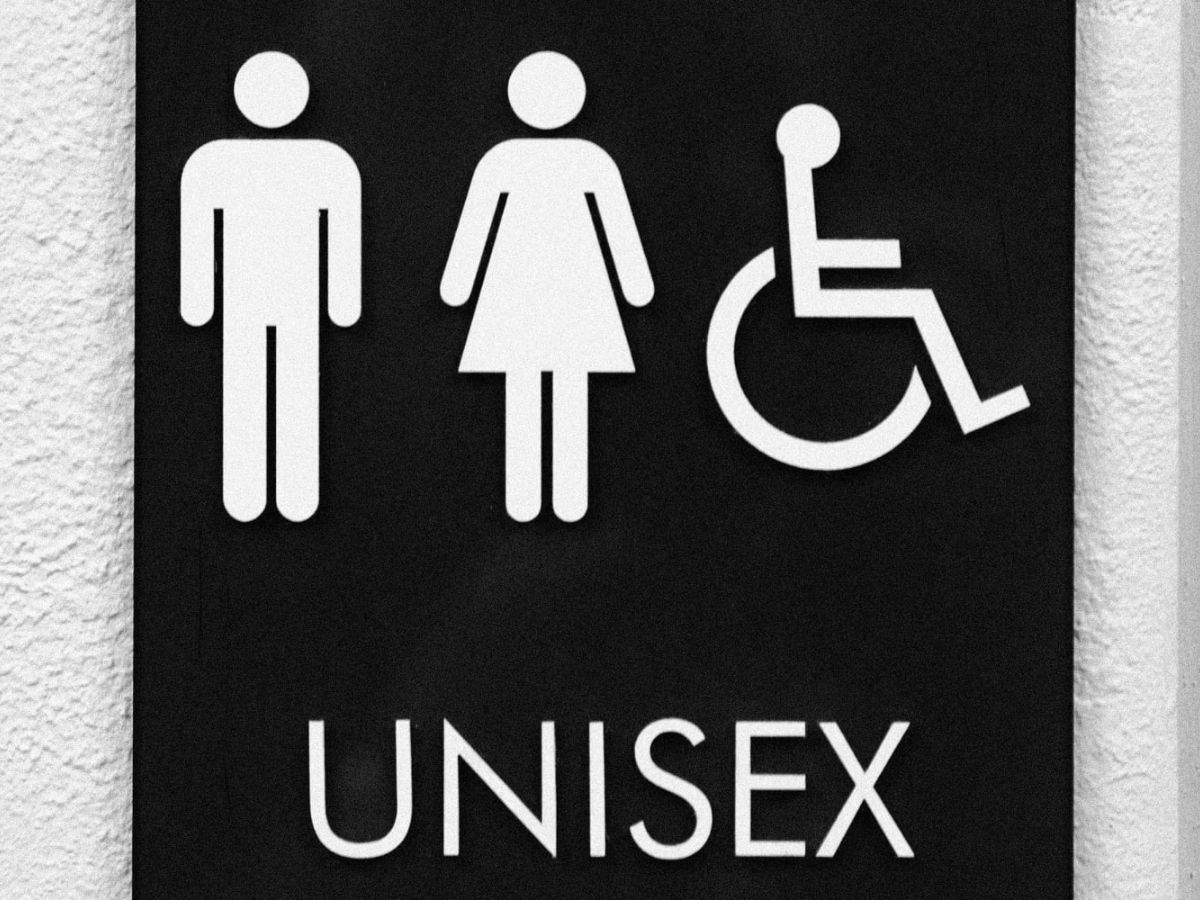Eighteen states led by Republican officials filed a lawsuit against the Biden administration on Monday evening. The lawsuit challenges new federal guidance designed to safeguard transgender individuals from workplace discrimination.
Attorneys general from 18 states, led by Tennessee, have filed a lawsuit against the Equal Employment Opportunity Commission and the Department of Justice. They argue that the federal agency’s new rules impose unlawful requirements on employers, such as recognizing trans workers’ pronouns and allowing them to use restrooms and wear clothing that aligns with their gender identities.
They argue that by doing so, the EEOC has improperly broadened the scope of Title VII of the Civil Rights Act of 1964, which prohibits workplace discrimination based on sex, among other categories.
“In America, the Constitution gives the power to make laws to the people’s elected representatives, not to unaccountable commissioners, and this EEOC guidance is an attack on our constitutional separation of powers,” Tennessee Attorney General Jonathan Skrmetti said in a statement on Monday. “When, as here, a federal agency engages in government over the people instead of government by the people, it undermines the legitimacy of our laws and alienates Americans from our legal system.”
The EEOC is an agency under the Department of Labour that was established by the Civil Rights Act of 1964 to administer and enforce anti-discrimination protections in the workplace. The commission is headed by five commissioners who are appointed by the president, with the majority of three commissioners belonging to the ruling party.
Skrmetti expressed his concerns about the new guidance, stating that it utilizes federal power in a way that disregards women’s private spaces and penalizes the use of biologically accurate pronouns. He believes that this comes to the detriment of Tennessee employers.
The lawsuit involves multiple states, including Tennessee, Alabama, Alaska, Arkansas, Georgia, Indiana, Iowa, Kansas, Kentucky, Mississippi, Missouri, Nebraska, Ohio, South Carolina, South Dakota, Utah, Virginia, and West Virginia.
The EEOC has recently introduced new rules that address the rights of transgender workers. These rules are part of a comprehensive set of guidelines on workplace harassment that the agency released last month.
The guidance on workplace harassment of LGBTQ individuals refers to a significant Supreme Court ruling from 2020, Bostock v. Clayton County. This ruling established that workplace discrimination based on sexual orientation or gender identity is considered sex-based discrimination, which is explicitly prohibited under Title VII.
The 18 attorneys general refer to a significant ruling from 2020 in their lawsuit, but they have a different interpretation of the decision compared to the EEOC. They contend that the Supreme Court did not have the intention of compelling employers to make accommodations for workers’ gender identity and sexual orientation. On the contrary, they argue that the court’s decision had a more limited scope, prohibiting employers from terminating employees based on their sexual orientation or gender identity.
In a recent development, a coalition of more than 20 states, predominantly led by Republicans, has taken legal action against the Education Department. The lawsuit challenges the department’s recently implemented regulations aimed at safeguarding transgender students in schools that receive federal funding. Last month, a group of states led by Republicans filed a lawsuit against the EEOC regarding its recently implemented rules on granting time off for abortions.


